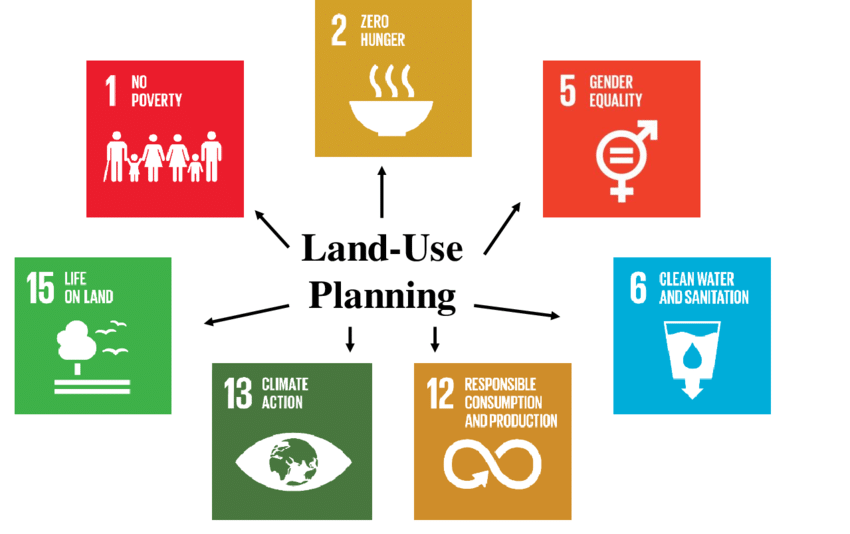
Choosing the Right CRM for Your Small Business- A Comprehensive Guide
| CRMis a highly trending term in the business world today. If you’re a smallbusiness owner, you might have heard all the buzz around it and been tempted toconsider it. However, your very next thought would have been that such tools are not meant for you because they are expensive, complex, and reserved for enterprises.
But here’s a fact for you. 33% of SMBs use this technology, which makes it evident that it is well-suited for your needs too. All you need to do is find and invest in the right tool, after which you can achieve exponential growth. Here’s a comprehensive and go-to guide for you to choose the perfect CRM for your small business. Determine Your Goals & Priorities: There are approximately 860+ CRM options available today. The primary goal of all these is indeed managing your customer relations, but they each have some unique functionalities and use cases. Let us consider an example. Your entire sales cycle is conducted from within your office premises, but you purchase a tool focusedon field sales management. However good your chosen CRM may be, it will not generate positive outcomes for you. CRM can help you achieve the expected results only once you have defined them. It is hence crucial that you start your selection process by determining your goals and priorities. These may be linked to scaling revenue, expansion in product range, increasing customer retention. These goals will then become the driving force for your CRM, and it essential to keep them at the forefront while making a choice. If you’re confused about how to start identifying your priorities, here are a few factors to start with: · Stage of business development, i.e. Whether you are in the initial growth phase, or expansion phase · Industry that you operate in, which defines how your sales process flows · Target audience, to help you ascertain the mentality of your buyers Once you have your goals in place, you can narrow down your search pool and come one step closer to digitizing your small business. Identify the Concerns of your Teams: Your teams are the ones who will maximally use the CRM. They spend an average of 18% of their time on the tool. If the software solves their primary concerns and is easy for them to use, this time spent on it can be highly productive. Consequently, if the tool is not aligned with their needs, they will struggle to navigate it, waste their precious bandwidth on it, and might eventually decide to not rely on it at all. 83% of business leaders said their biggest challenge was getting teams to use the CRM. To avoid facing this same situation, identify what your teams need. Understand their struggles, the challenging aspects of their job, and find a software that can help with that. This will boost their efficiency and will ultimately help your business too. It is also essential to choose an easy-to-use CRM. Not everyone in your organization will be a tech genius. An overtly complex tool will create more problems for your teams than the ones it will solve. You can take a product demo for a firsthand account of how the system worksor rely on customer reviews. List Down the Necessary Features: Let us circle back to the initial step of your selection process. Once you have your goals in place, you can chalk out the tasks that the Sales CRM needs to perform to achieve those goals. This will help you find the must-have features in your software. If your goal is increasing productivity, you need collaborative features like task delegation or reminders, and automation. However, if the goal isimproving customer service, features like one-click calling, omni-channel communication, etc. will be more helpful. Functionality is the leading factor for 24% of businesses while choosing CRM. Hence, ask yourself what all you need the software to do and list down the required features for the same. Make your choice based on suchimportant CRM characteristicsto ensure that it is a right fit for your business. The product’s website will give you the necessary information about the feature set. Alternatively, you can ask your sales POC for the same. Decide on a Budget: 14% of organizations make their CRM choice based on the price. This is a smart approach, especially for small businesses that do not have an abundance of resources. You need to apportion funds for every facet, and tech adoption should not be any different. Decide the amount you’re willing to spend for the software, and then consider the options that fall within this budget. However, this process is not as easy as it sounds. The cost of a CRM is not limited to the price that you see. This makes it difficult to forecast and calculate the total cost for its implementation at the beginning of your selection process. There are onboarding charges to think about, and the costs of add-on features that your business may need. Most significantly, many CRMs charge on the basis of licenses. What may seem affordable for a small team of 2-3 users will cause a dent in your pocket as your teams grow.Thus, create a rough estimate of how large your teams will eventually become and accordingly invest in a tool. Ensure that you get a transparent breakdown of the pricing from your sales POC and beware of hidden charges. Ending Note: Following these guidelines will minimize your chances of being stuck with the wrong tool. CRM adoption is a significant commitment. You need to invest time and money in it, and transferring all your data and operations from one system to another is cumbersome. Hence, even though it might take more time, ensure to cover all your bases and don’t rush into making a choice. The right software can be a game-changer for your business, and we hope this guide will help you find that CRM! |







